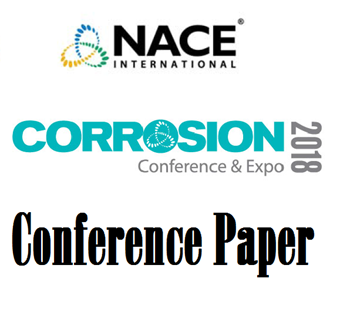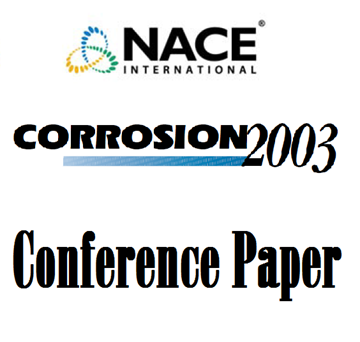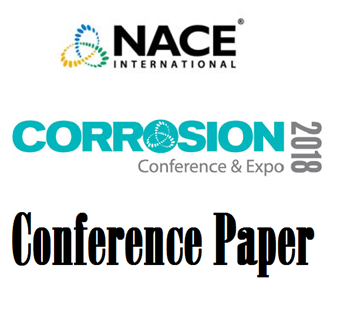Search
51318-11391-Ni-Co Electroplating as Corrosion Protection for Carbon Steel Fasteners used in Oil and Gas
Also Purchased
51318-11396-Myth on Tempering Temperature and PWHT Temperature of Cr-Mo steels
Product Number:
51318-11396-SG
Publication Date:
2018
$20.00
03017 A review of offshore experiences with bolts and fasteners
Product Number:
51300-03017-SG
ISBN:
03017 2003 CP
Publication Date:
2003
$20.00
51318-11387-Determination of Precursor Sites for Pitting Corrosion of UNS N07718 in Cl-Environments – Part 2. Experimental Results
Product Number:
51318-11387-SG
Publication Date:
2018
$20.00




